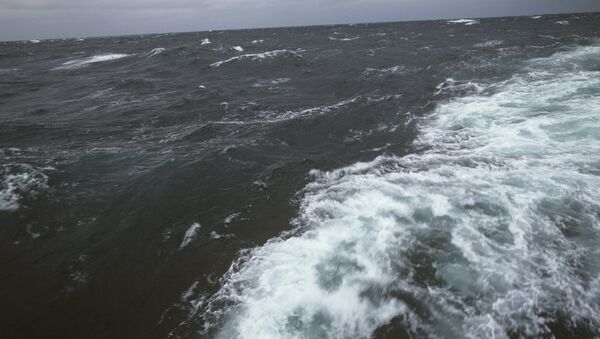"Recognizing the key aspect — security, transparency, the use of the sea for peaceful purposes, the rejection of arms race, a guarantee for not using military force, the joint struggle against threats, as well as agreements reached in Astrakhan summit on the rejection of military force by third parties — this is what will ensure peace and stability in the region," Zarif said during the meeting in Astana.
Earlier in the day, the Kazakh Foreign Ministry said that the meeting is aimed at discussing a draft convention on the legal status of the Caspian Sea.
Difficulty in determining the status of the Caspian Sea is linked to its recognition as a lake or a sea — a distinction which is governed by different provisions of international law and would have political ramifications.
According to Zarif, "the atmosphere of a common understanding observed during the talks inspires more optimism to achieve results."
Zarif also called for the five Caspian littoral states to establish a permanent regional body whose composition, tasks and powers would be determined by mutual consultation between the five states.
"The creation of this body will be demonstrating our long-term comprehensive view of the Caspian Sea issues," Zarif noted.
The question of defining the legal status of Caspian Sea reopened after the collapse of the Soviet Union, when the emergence of new subjects of international law, namely Azerbaijan, Kazakhstan and Turkmenistan as states, raised the question of demarcation of the Caspian Sea among the five countries.



